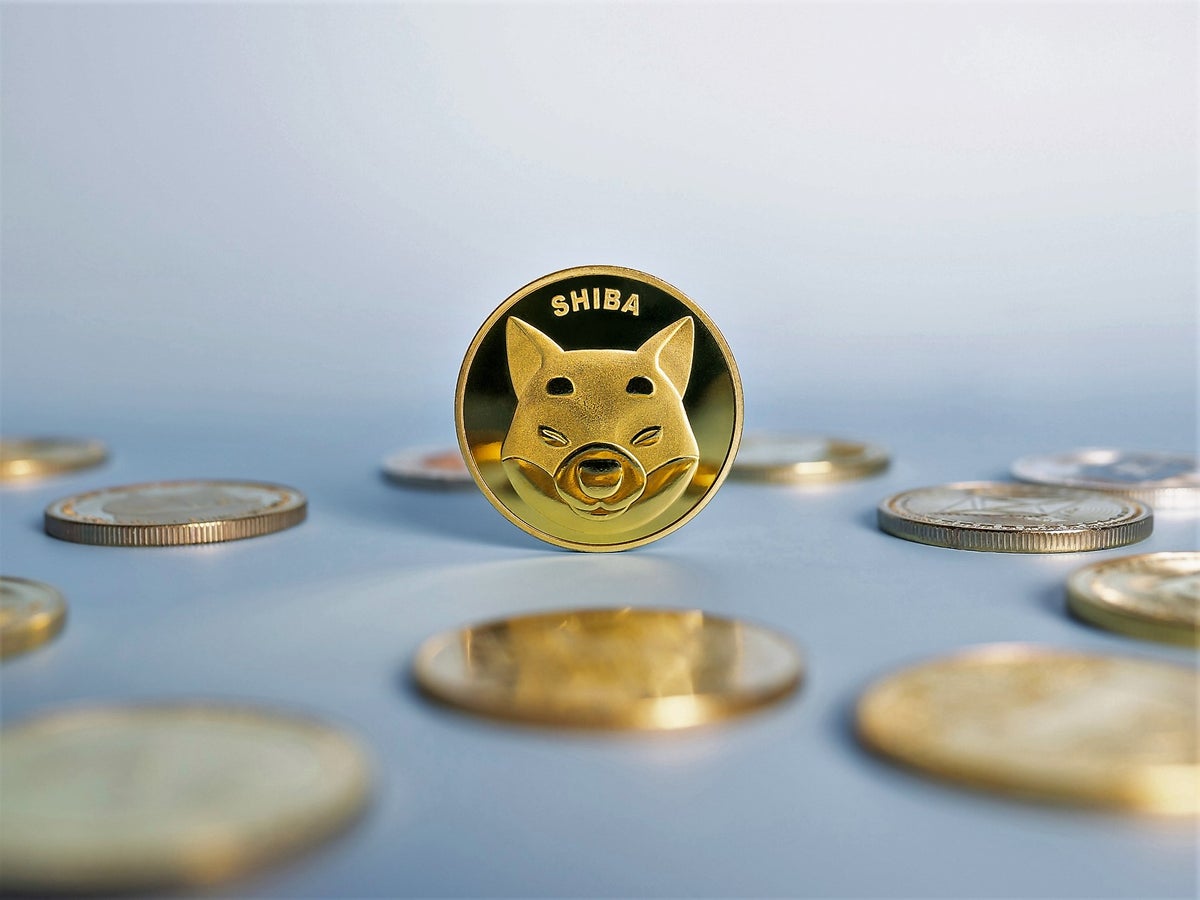Shibarium’s Major Upgrade: Can It Boost Shiba Inu’s Struggling Performance?
14.09.2024 20:00 1 min. read Kosta Gushterov
Puppynet, the testnet for the Shibarium layer-2 platform used by Shiba Inu (SHIB), is set for significant technical enhancements, according to a recent update.
The network’s primary component, Bor, will be upgraded to a new version, alongside the introduction of the Cancun hard fork. These improvements aim to speed up transactions, optimize storage, and enhance the overall user experience.
Testnets, such as Puppynet, simulate real networks but lack actual value, allowing developers to test and refine features before deployment on live networks.
This helps identify and address vulnerabilities without incurring major losses. For example, Ethereum uses the Sepolia testnet, among others, to test updates.
Earlier in August, Shibarium also rolled out a new Bore version featuring a burn mechanism designed to boost the ecosystem.
Initially tested on Puppynet in February, this burn mechanism is part of ongoing efforts to address the Shiba Inu network’s current challenges, including declining social media engagement, a drop in retail investors, and shrinking trading volumes. The project’s ability to recover remains uncertain.
-
1
The Bitcoin-Cardano Bridge is Here: What it Means for DeFi
10.06.2025 21:00 1 min. read -
2
JPMorgan Lays Groundwork for Tokenized Finance with New Blockchain Trademark
17.06.2025 12:00 1 min. read -
3
Chainlink Edges Closer to Wall Street Integration, Says Co-Founder
12.06.2025 9:00 1 min. read -
4
Polygon Breaks from Decentralization as Sandeep Nailwal Assumes Full Control
11.06.2025 20:00 2 min. read -
5
Ethereum Gets Serious About Security with New Roadmap and Leadership Changes
12.06.2025 8:00 1 min. read
BIS Slams Stablecoins, Calls Them Ill-Suited for Modern Monetary Systems
Stablecoins are failing where it matters most, says the Bank for International Settlements (BIS), which sharply criticized the asset class in its latest annual report.
Barclays Blocks Crypto Credit Card Payments in Latest Blow to Retail Investors
Barclays has announced it will prohibit the use of its credit cards for cryptocurrency purchases starting June 27, marking a significant shift in its stance on digital assets.
Wealthy Clients Demand Better Crypto Expertise from Advisors
A new report from CoinShares reveals that while wealthy investors are embracing digital assets more than ever, they’re also questioning whether their financial advisors are prepared for this shift.
Canton Network Developer Secures $135M to Expand Institutional Blockchain Use
Digital Asset has locked in $135 million in fresh capital to scale up its institutional blockchain platform, Canton Network.
-
1
The Bitcoin-Cardano Bridge is Here: What it Means for DeFi
10.06.2025 21:00 1 min. read -
2
JPMorgan Lays Groundwork for Tokenized Finance with New Blockchain Trademark
17.06.2025 12:00 1 min. read -
3
Chainlink Edges Closer to Wall Street Integration, Says Co-Founder
12.06.2025 9:00 1 min. read -
4
Polygon Breaks from Decentralization as Sandeep Nailwal Assumes Full Control
11.06.2025 20:00 2 min. read -
5
Ethereum Gets Serious About Security with New Roadmap and Leadership Changes
12.06.2025 8:00 1 min. read


